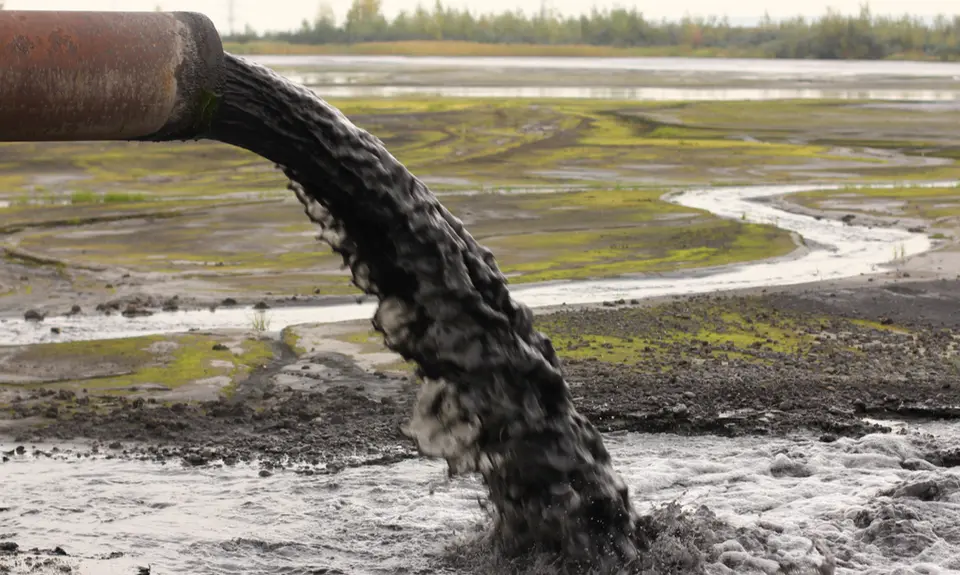Judge Ketanji Brown Jackson continues to meet with Senators in advance of the March 21 hearings on her ground-breaking nomination to the Supreme Court. Meanwhile, the Court continues to consider cases that will directly impact our daily lives. One key issue on the Court’s agenda concerns threats to public health and the environment, and government efforts to combat such threats.
Before a Justice Jackson joins the Court, it will decide a case that seriously threatens the EPA’s ability under the Clean Air Act to regulate greenhouse gas emissions from coal-fired power plants. The outcome could significantly harm Biden Administration efforts to combat climate change. It could also severely limit federal agencies’ ability to “regulate health care, workplace safety, telecommunications, the financial sector, and more.”
In addition to this pending case, the Court has already agreed to hear another important environmental dispute in 2022-23. The Court could also consider other cases that promote the far-right agenda of invalidating many federal efforts to protect public health and safety. A Justice Jackson herself cannot change the current, very conservative Court majority. But she may well play an important role in these crucial controversies that affect all of us.
What cases on environment and public health are already on the Court’s agenda when the new justice joins?
One case could seriously damage protection of our environment by significantly weakening the Clean Water Act (CWA). The Court previously ruled that the CWA prevents damage to wetlands that have a “significant nexus” to rivers or lakes. Wetlands include ecosystems with significant vegetation that are permanently or temporarily flooded by water.
Industry and far-right justices have tried to reverse that earlier decision. They want to limit the CWA’s coverage to the relatively few wetlands that have a “continuous surface connection” to lakes or rivers.
This case threatens to devastate EPA efforts to protect wetlands from environmental damage. It would make even worse the pending case the Court will decide, before Judge Jackson joins the Court, which could limit the EPA’s authority under the Clean Air Act. As one environmental expert put it, the new “conservative supermajority” on the Court seems “much more inclined” than before to “do a slash-and-burn expedition through our major environmental laws.”
Is the Court likely to consider cases concerning the ability of the government to protect public health?
Probably, yes. The Court’s far-right majority recently struck down a requirement that big businesses ensure worker COVID-19 vaccinations to protect our health. Trump judges on lower courts have gone even further. They have invalidated vaccination requirements concerning Head Start workers aimed at protecting vulnerable children and families. They have blocked vaccination requirements concerning federal contractors, federal workers, and even military personnel. The Pentagon has recently asked the Court to stay an order that blocked reassignment of unvaccinated Navy SEALs.
It remains possible that appeals courts will uphold government authority to protect public health in such cases. If not, the Justice Department will likely take more to the Supreme Court later this year. It may also seek Court review of other rulings that limit the ability of federal agencies to protect our health and environment. For example, one judge recently froze agency efforts to better calculate and control the harmful effects of greenhouse gases.
What can a new Justice Jackson do?
She will replace Justice Stephen Breyer, who will likely join a dissent this term in the EPA case. Because of the Trump justices added to the Court, it will remain skeptical of federal agency efforts to protect health, safety, and the environment. Jackson herself would have only one voice and one vote in such cases. It will take hard work by progressives over a number of years to change the Court, just as the Far Right did.
Even this Court, however, sometimes upholds such agency efforts. For example, a recent 5-4 decision allowed the COVID-19 vaccination rule concerning Medicare and Medicaid workers to go forward. Judge Jackson has a reputation as a consensus builder on divisive issues on the US Sentencing Commission. Those skills will hopefully serve her well on agency authority to protect health and the environment on the Supreme Court. As Rev. Leslie Watson Wilson recently put it, “[a]ll American people will benefit when deliberations and decision-making on our highest court are sharpened by the perspective and persuasive power of a Black woman justice.”
That perspective will likely also sharpen dissents from far-right Court rulings. This will help promote reconsideration of such issues by Congress or the Court in the future. Congress could, for example, effectively reverse some of the Court’s damage by more explicitly authorizing action by agencies like EPA.
Replacing Justice Breyer with a Justice Ketanji Brown Jackson will not solve the problems posed by the right-wing Supreme Court. But because the Court deals with critical issues like protecting our health and environment, issues that concern all Americans, it is a crucial first step.
